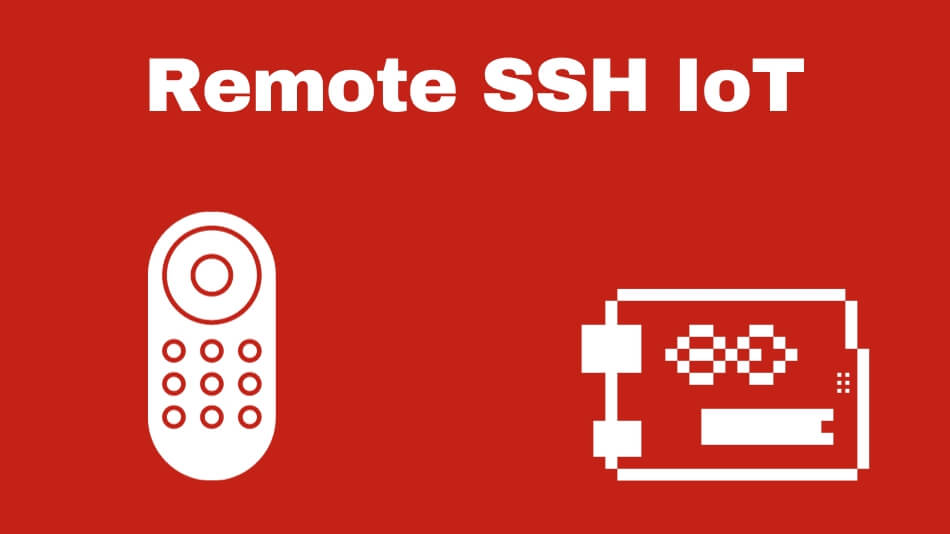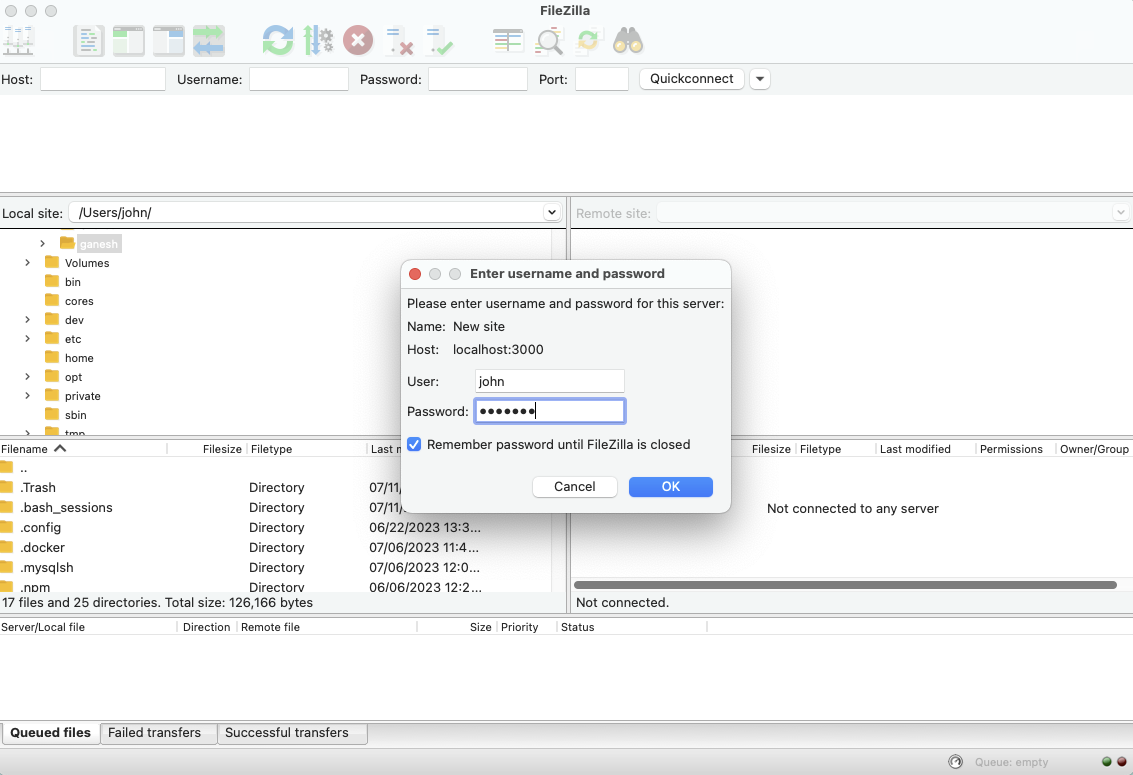Best IoT Remote SSH Server Free: The Ultimate Guide For 2023
Looking for the best IoT remote SSH server free? Well, you’re in the right place! In today’s hyper-connected world, controlling devices remotely is no longer a luxury—it’s a necessity. Whether you’re managing home automation systems, monitoring IoT devices, or running a small business, having access to a reliable SSH server is crucial. But here’s the kicker: not all SSH servers are created equal, especially when it comes to free options. In this guide, we’ll dive deep into what makes an SSH server tick, the best free options out there, and how you can choose the one that fits your needs.
Now, before we jump into the nitty-gritty, let’s talk about why SSH servers matter in the IoT space. Imagine this: you’ve set up a smart home system with multiple devices, and you need to troubleshoot or configure them remotely. Without a proper SSH server, you’d be stuck trying to figure out how to connect to your devices from miles away. It’s like trying to drive a car without wheels—pointless, right?
But don’t worry, because this article isn’t just about telling you what’s out there. We’re here to break down the best IoT remote SSH server free options, give you practical tips, and help you make an informed decision. So, grab a cup of coffee, sit back, and let’s get started!
- Alicia Rosenblumm Leaks The Untold Story You Need To Know About
- Chase Mortgage Grants Your Path To Affordable Home Ownership
Table of Contents
- What is SSH and Why Does It Matter?
- IoT Remote SSH Server: The Basics
- Best Free IoT Remote SSH Servers
- Security Considerations for SSH Servers
- How to Choose the Best SSH Server
- Comparison of Popular SSH Servers
- Setup Guide for Beginners
- Common Issues and Troubleshooting Tips
- Future Trends in IoT SSH Servers
- Conclusion: Wrapping It All Up
What is SSH and Why Does It Matter?
Alright, let’s start with the basics. SSH, or Secure Shell, is like the secret handshake of the digital world. It’s a protocol that allows you to securely connect to remote devices over a network. Think of it as a secure tunnel that lets you send commands, transfer files, and manage systems without worrying about prying eyes.
For IoT devices, SSH is a game-changer. It provides a secure way to access and control devices from anywhere in the world. Without SSH, you’d have to rely on less secure methods, like telnet, which is like leaving your front door unlocked and inviting hackers in.
- Kristi Noem Swimsuit Pictures A Dive Into The Governors Bold Moments
- Unveiling The Mysteries Of Masa 49 A Deep Dive Into Its Meaning Importance And Relevance Today
Here’s why SSH matters so much:
- Security: SSH encrypts all data transmitted between your device and the server, keeping sensitive information safe.
- Reliability: SSH connections are stable and can handle interruptions without losing data.
- Flexibility: You can use SSH for a wide range of tasks, from running commands to transferring files.
IoT Remote SSH Server: The Basics
Now that we’ve covered what SSH is, let’s talk about SSH servers specifically designed for IoT devices. An IoT remote SSH server is like the brain of your connected ecosystem. It allows you to manage and monitor your devices remotely, ensuring everything runs smoothly.
Key Features of IoT SSH Servers
When it comes to choosing an SSH server for your IoT devices, there are a few key features to look out for:
- Compatibility: Make sure the server supports the devices you’re using. Whether it’s Raspberry Pi, Arduino, or any other IoT gadget, compatibility is key.
- Security: Look for servers that offer robust encryption and authentication methods to keep your data safe.
- Performance: A good SSH server should be fast and efficient, even when handling multiple connections.
Best Free IoT Remote SSH Servers
Alright, here’s the part you’ve been waiting for—the best free IoT remote SSH servers available in 2023. We’ve scoured the internet to bring you the cream of the crop, so let’s dive in!
1. OpenSSH
OpenSSH is like the granddaddy of SSH servers. It’s open-source, secure, and supported by a massive community of developers. If you’re looking for a reliable, free SSH server, OpenSSH is a no-brainer.
2. Dropbear
Dropbear is another great option, especially for lightweight IoT devices. It’s designed to be small and efficient, making it perfect for systems with limited resources.
3. Cowrie
Cowrie might not be the first name that comes to mind when you think of SSH servers, but it’s a hidden gem. It’s a honeypot server that mimics an SSH server to catch potential attackers. If security is your top priority, Cowrie is worth considering.
Security Considerations for SSH Servers
Security should always be at the forefront of your mind when setting up an SSH server. Here are a few tips to keep your IoT devices safe:
- Use Strong Passwords: Weak passwords are like open invitations for hackers. Always use strong, unique passwords for your SSH server.
- Enable Key-Based Authentication: This adds an extra layer of security by requiring a private key to access the server.
- Regularly Update Your Server: Keep your SSH server up to date with the latest security patches to protect against vulnerabilities.
How to Choose the Best SSH Server
Choosing the right SSH server can feel overwhelming, but it doesn’t have to be. Here are a few questions to ask yourself:
- What Devices Will I Be Managing? Make sure the server you choose is compatible with your devices.
- What Are My Security Needs? If security is a top priority, look for servers with advanced encryption and authentication methods.
- How Much Support Do I Need? If you’re new to SSH, consider servers with extensive documentation and community support.
Comparison of Popular SSH Servers
Let’s compare some of the most popular SSH servers to help you make an informed decision:
| Server | Compatibility | Security Features | Performance |
|---|---|---|---|
| OpenSSH | Wide range of devices | Strong encryption, key-based auth | Excellent |
| Dropbear | Lightweight IoT devices | Basic encryption | Efficient |
| Cowrie | Honeypot setup | Honeypot features | Good |
Setup Guide for Beginners
Setting up an SSH server might sound intimidating, but it’s actually pretty straightforward. Here’s a step-by-step guide to get you started:
Step 1: Install the SSH Server
Depending on your operating system, the installation process might vary. For Linux-based systems, you can usually install OpenSSH with a simple command:
sudo apt-get install openssh-server
Step 2: Configure the Server
Once installed, you’ll need to configure the server to suit your needs. This includes setting up users, passwords, and key-based authentication.
Step 3: Test the Connection
After everything is set up, test the connection to make sure everything is working as expected. You can do this by running the following command:
ssh username@server_ip
Common Issues and Troubleshooting Tips
Even the best SSH servers can run into issues. Here are some common problems and how to fix them:
- Connection Refused: Check your firewall settings to ensure SSH traffic is allowed.
- Authentication Failed: Double-check your username, password, and SSH keys.
- Slow Connections: Optimize your server settings and ensure your network is stable.
Future Trends in IoT SSH Servers
The world of IoT is evolving rapidly, and SSH servers are no exception. Here are a few trends to watch out for:
- Cloud-Based SSH Servers: More and more companies are moving to cloud-based solutions for easier management and scalability.
- AI-Powered Security: AI is being integrated into SSH servers to detect and respond to threats in real time.
- Quantum Encryption: As quantum computing becomes more prevalent, SSH servers will need to adapt with quantum-resistant encryption methods.
Conclusion: Wrapping It All Up
So, there you have it—the ultimate guide to the best IoT remote SSH server free options in 2023. Whether you’re a tech enthusiast, a home automation enthusiast, or a small business owner, having access to a reliable SSH server is essential in today’s connected world.
Remember, when choosing an SSH server, always prioritize security, compatibility, and performance. And don’t forget to regularly update your server and follow best practices to keep your devices safe.
Now it’s your turn! Have you tried any of the SSH servers we mentioned? What’s your favorite? Let us know in the comments below, and don’t forget to share this article with your friends and fellow tech enthusiasts. Until next time, stay connected and stay secure!



Detail Author:
- Name : Albin Prosacco
- Username : iwilliamson
- Email : labadie.roderick@lakin.org
- Birthdate : 1979-06-02
- Address : 135 Laurine Ferry Suite 430 Larsontown, NY 52583
- Phone : +1.513.315.7421
- Company : Smith, Weissnat and Kutch
- Job : Separating Machine Operators
- Bio : Et ullam sed similique sapiente nam voluptatem assumenda. Itaque eaque iure praesentium. Dicta qui vel pariatur molestias officiis odit non. Dolorem impedit veritatis quo eaque.
Socials
facebook:
- url : https://facebook.com/hilton_id
- username : hilton_id
- bio : Non id ea facilis. Minima deserunt maxime et necessitatibus.
- followers : 5050
- following : 1952
twitter:
- url : https://twitter.com/hhamill
- username : hhamill
- bio : Quod tempora quis soluta. Blanditiis quis voluptatem qui sint. Molestiae tempore beatae ut laborum harum nemo. Ut quasi et perspiciatis ab nulla impedit.
- followers : 327
- following : 1552